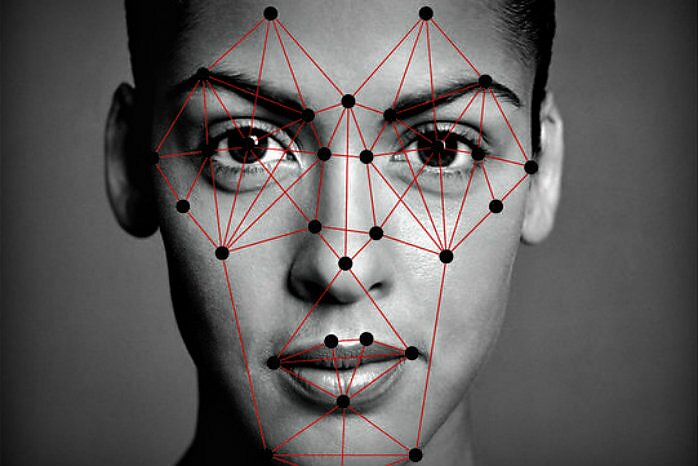Last month, the Department of Homeland Security (DHS) released a privacy impact assessment for its Traveler Verification Service (TVS), a program designed to develop and expand DHS’s biometric entry-exit system for international flights. The document sends a clear message to passengers: if you don’t want your biometric information to be collected, don’t travel.
The Illegal Immigration Reform and Immigrant Responsibility Act of 1996 required an automated screening system for foreign nationals leaving and entering the United States. Since 1996 a range of legislation has called for the implementation of a biometric entry-exit system, although such a system has yet to be fully implemented. In March, President Trump signed Executive Order 13780, which called upon DHS to “expedite the completion and implementation of a biometric entry-exit tracking system for in-scope travelers to the United States.”
According to the DHS privacy assessment, TVS is growing:
[Customs and Border Protection] is publishing this updated [privacy impact assessment] because the recently initiated TVS is expanding to allow commercial air carriers and select airport authorities (“partners”) to provide their own facial recognition cameras and capture the images of travelers consistent with their own business processes and requirements (for example, to use facial images instead of paper boarding passes).
More from the assessment:
These partners will capture the traveler images consistent with their business purposes, and then transmit the photos they capture to CBP through a connection with CBP’s cloud-based TVS. CBP does not capture the photos directly from the traveler under this TVS expansion.
There are already pilot face scanning schemes in place at airports in six American cities; Boston, Chicago, Houston, Atlanta, New York City, and Washington, D.C. These pilot programs allow passengers and pilots to opt out. The DHS assessment explains that while you may be able to opt out of TVS scanning, government collection of your biometrics is unavoidable if you want to travel (highlighting is mine):
The assessment goes on to explain that passengers will be able to opt out of biometric identification under TVS. However, unless this opt-out option is clearly advertised to travelers it’s likely that most travelers will use a ubiquitous facial scanning system at airports.
Anyone who travels from American airports is familiar with the body scanners the Transportation Security Administration (TSA) uses for security. You can opt out of these scanners, but it’s very rare to see travelers telling TSA officials that they’re not going through the machines. When I opt out of these scanners I’m almost always the only one doing so. That is, unless I’m traveling with some Cato colleagues.
Sadly, millions of Americans consider passing through a body scanner to be an ordinary part of air travel. It would be a shame if facial scans became as widely accepted.


